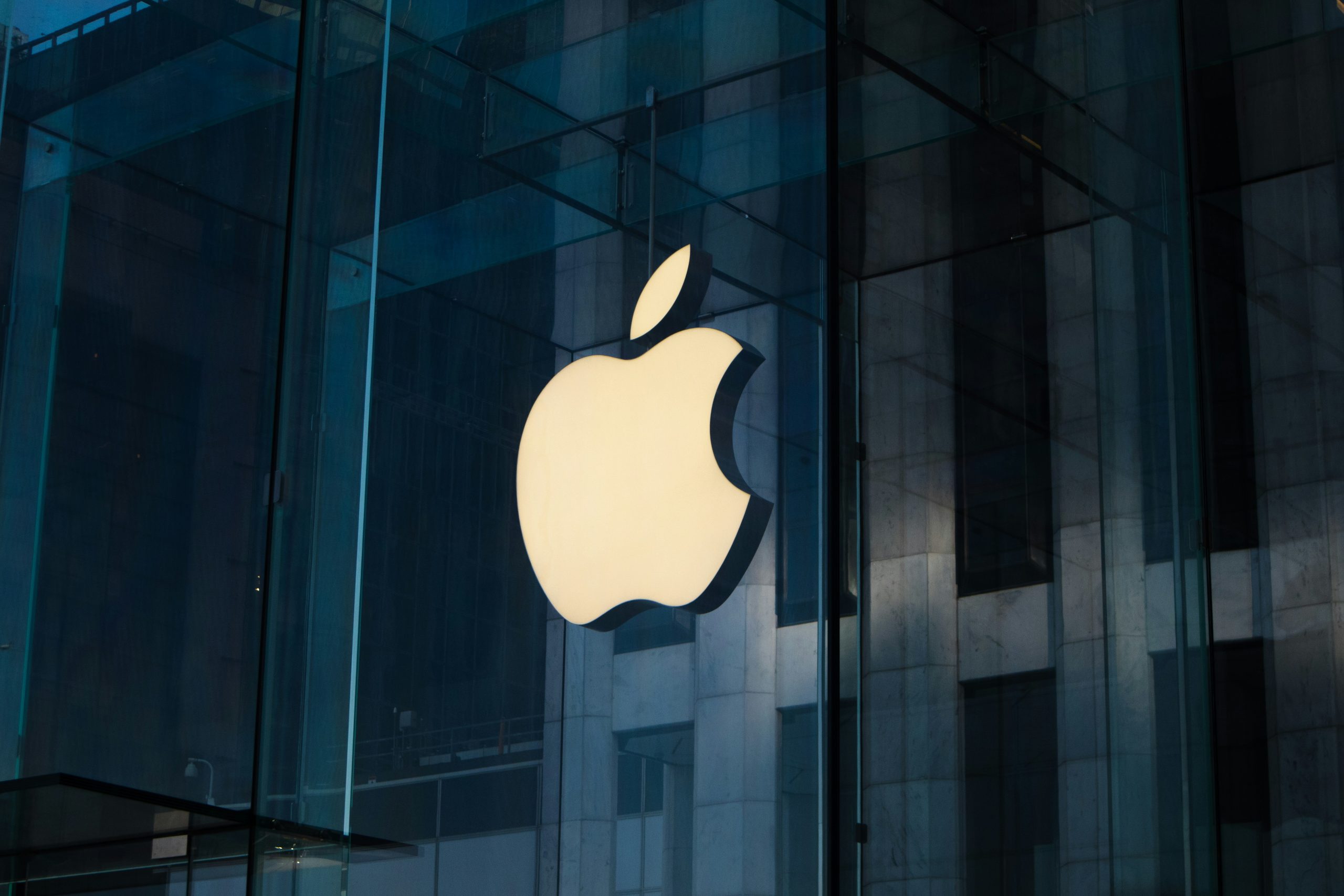Apple Car Release Date Delayed Until 2028: Unveiling the Latest on the Electric Vehicle Initiative
Apple is reportedly gearing up to enter the electric car market, planning a launch as early as 2028, as revealed by recent reports.
Initially, the tech giant had set its sights on creating a fully self-driving vehicle, a venture known internally as Titan, dating back a decade. However, recent developments suggest a shift in strategy towards a more limited electric vehicle (EV) model, drawing parallels with existing Tesla offerings.
This move comes amid challenges for Apple, with its revenue growth stalling, prompting a search for innovative products to captivate consumers. The company embarked on the vehicle project in 2014, but progress has been hindered by setbacks, including layoffs and strategic changes.
Contrary to earlier reports of a fully self-driving vehicle by 2026, the design has been scaled back, now perceived as a ‘Tesla me-too product’ lacking groundbreaking features. Apple has opted for a Level 2+ system, stepping back from the initially ambitious Level 5 technology, with CEO Tim Cook historically maintaining secrecy about the project’s details.
The new direction is viewed as a pivotal moment within the company, increasing the feasibility of successfully delivering the project. Failure to do so could lead to a reconsideration of the project’s existence by executives.
Apple’s Auto Journey via CarPlay

The original vision for the vehicle included a Level 5 system that required no human intervention on highways in approved North American locations.
However, the revised design necessitates drivers’ attention and intervention at any time. Apple’s previous foray into the automotive sector was limited to the CarPlay software, enabling access to iPhone features like maps and Siri. (interservices.fr
Despite the scaled-back approach, Apple still aspires to release an upgraded car with Level 4 technology after the initial launch. A Level 4 system would enable the vehicle to operate independently but within specific circumstances.
The recent strategic shift follows intensive discussions involving Apple’s board, project head Kevin Lynch, and CEO Tim Cook.
While one of Apple’s most expensive projects of the last decade, the initiative has faced challenges, with spending on salaries, cloud-based systems, road tests, and engineering, yet without reaching a formal prototype stage.
Former project head Doug Field’s departure in 2021 was reportedly influenced by doubts about the vehicle’s eventual approval for release by Apple’s leadership.


Comments are closed.